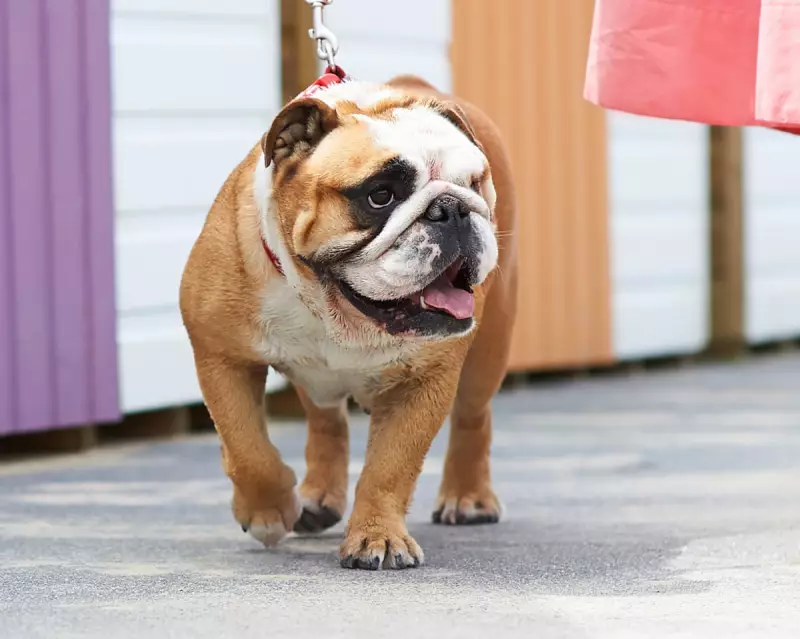
A new voluntary health scheme has been launched in the UK, targeting the chronic welfare issues plaguing popular flat-faced dog breeds. The initiative, developed by the all-party parliamentary group for animal welfare (APGAW), aims to reduce the severe disorders and deformities common in breeds like the English bulldog, French bulldog, and pug.
The Innate Health Assessment: A Toolkit for Change
At the heart of the scheme is the innate health assessment (IHA), a scientific toolkit that evaluates dogs on ten key physical traits. To be deemed acceptable for breeding, a dog must pass at least eight of these criteria. The list of assessed characteristics includes mottled colouration (merle), excessive wrinkly skin, bulging or outward-turning eyes, drooping eyelids, significant under or overbite, and crucially, a muzzle shape that allows for easy breathing.
Professor Alexander Trees, a veterinary surgeon and co-chair of APGAW, heralded the IHA as a potential turning point. He stated, "The fashion for extreme conformation is arguably the most chronic and prevalent welfare issue in dogs in the UK, yet it persists in plain sight in a nation of animal lovers." The APGAW believes this assessment "marks the start of a breeding revolution" designed to phase out the most extreme physical deformities across all affected breeds.
Breeder Support and Significant Hurdles
While the initiative has been welcomed by many in the breeding community, significant questions about its effectiveness remain. Vicky Collins-Nattrass, health coordinator at the Bulldog Breed Council for 15 years, applauded the effort but highlighted a major obstacle. She pointed out that the scheme's voluntary nature may fail to reach the vast majority of breeders.
Only 30% of all English bulldogs bred are registered with the Kennel Club, she revealed. The other 70% are unregistered or use made-up registries. "They have no idea about breed standards," Collins-Nattrass explained. "They have realised how popular they are and use it financially." During the Covid pandemic, this issue intensified, with a "free for all" as people churned out puppies with exaggerated features that were "overdone, they've got too much of everything."
A Shift in Public Perception and Kennel Club Involvement
There are signs that public opinion may be shifting. Recent research from the Royal Veterinary College indicated that survey participants in the UK showed a preference for less extreme body shapes in dogs. The study concluded that this presents a major welfare opportunity to reverse the current normalisation of extreme conformations.
The Kennel Club has expressed support for the IHA in principle but is developing its own more robust, veterinary-led assessment. In a statement, they said, "We believe that for our pedigree breeder community, veterinary involvement is crucial to ensure a consistent and robust way of assessing conformation." While they support encouraging healthy body shapes, they confirmed they will not require breeders to take part in this particular assessment.
The success of the voluntary health assessment now hinges on its ability to influence the substantial unregulated breeding market, a challenge that animal welfare advocates are determined to meet.






